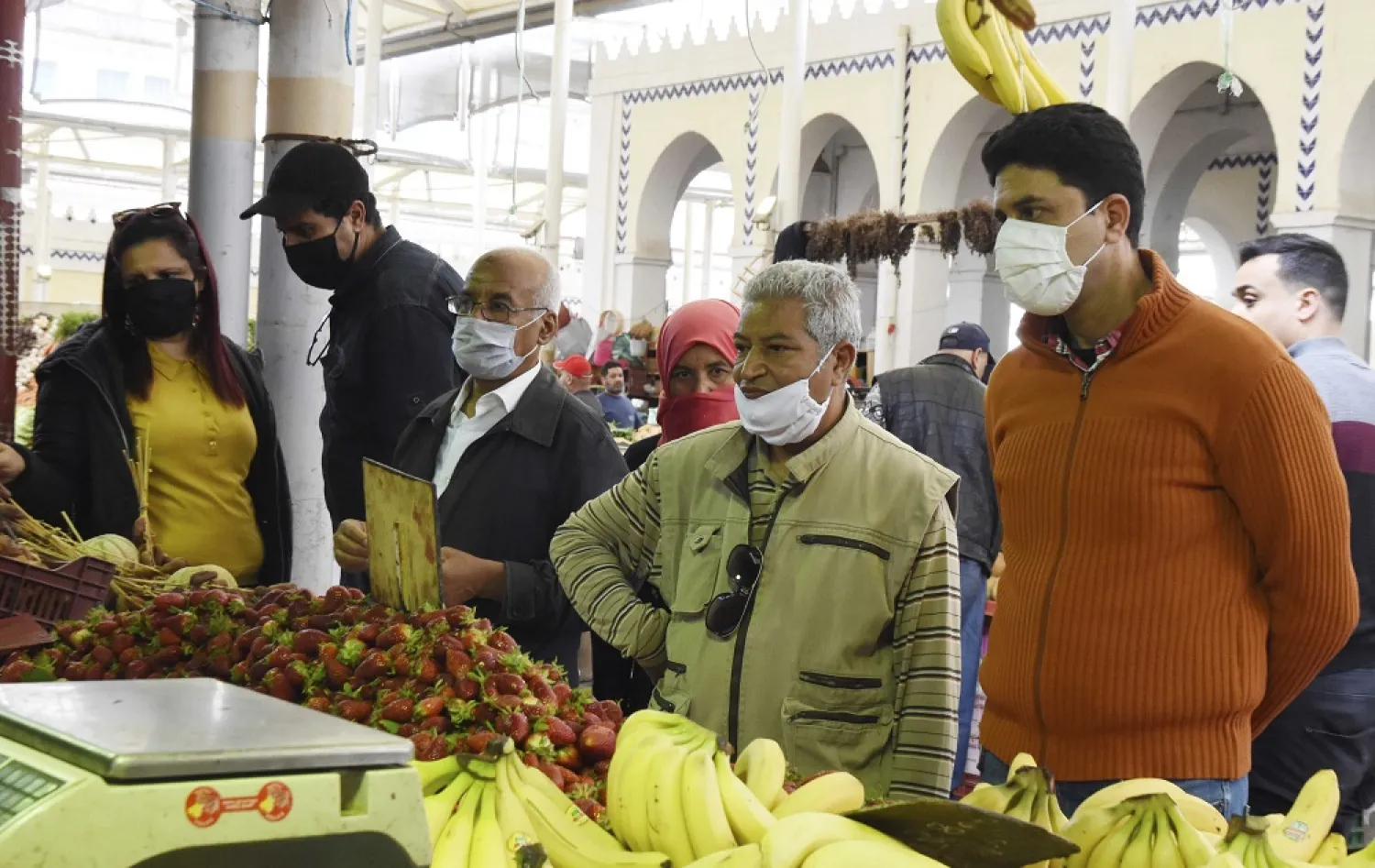aimed at addressing a national salvation plan that would be adopted by the new government.
The suggestion was made after Tunisian parties refused to join the government coalition that Prime minister-designate Hichem Mechichi is working on forming and amid attempts to exclude certain parties from power.
Major parties that won the 2019 elections, namely the Ennahda Movement and Heart of Tunisia (Qalb Tounes), do not seem open to the idea of holding a national salvation conference.
They view it as an attempt to undermine the electoral results and an attempt to seize power by parties that were defeated in the polls.
Such claims have stirred debate between supporters of the conference and those who are still clinging on to the legitimacy of the parliament, whose Speaker Rached al-Ghannouchi also heads Ennahda.
Former President Mohamed Ennaceur had presented his vision of the conference during a meeting on Friday with Mechichi.
He said the plan will be carried out in two phases: the first will focus on addressing urgent problems and the second will address long-term issues and a future vision for Tunisia over the next three decades.
Ennaceur, who is a former member of the Nidaa Tounes party that was founded by late President Beji Caid Essebsi, urged participants in the conference to consider political, economic and social options and major reforms “to build a new Tunisia” that everyone agrees on.
“A consensus over a rescue plan is the best message political actors can send to Tunisians, away from the mentality of looting and division of power,” he noted.
Tunisia is in dire need of a comprehensive three-year period of calm during which political differences can be overcome and the government can be given enough time to implement the proposed national salvation program.
Five parties, with limited parliamentary representation, had called in June for holding a national conference to resolve the current political crisis that erupted between members of the government coalition.
They are the Tunis Project, the Democratic Movement, Beni Watani, Afek Tounes and al-Amal.
Head of the Tunis Project, Mohsen Marzoul said holding a salvation conference “preempts a popular revolution,” while also stressing that these parties do not oppose the elections results, however the escalating tensions within the government coalition prompted the call for this initiative.









